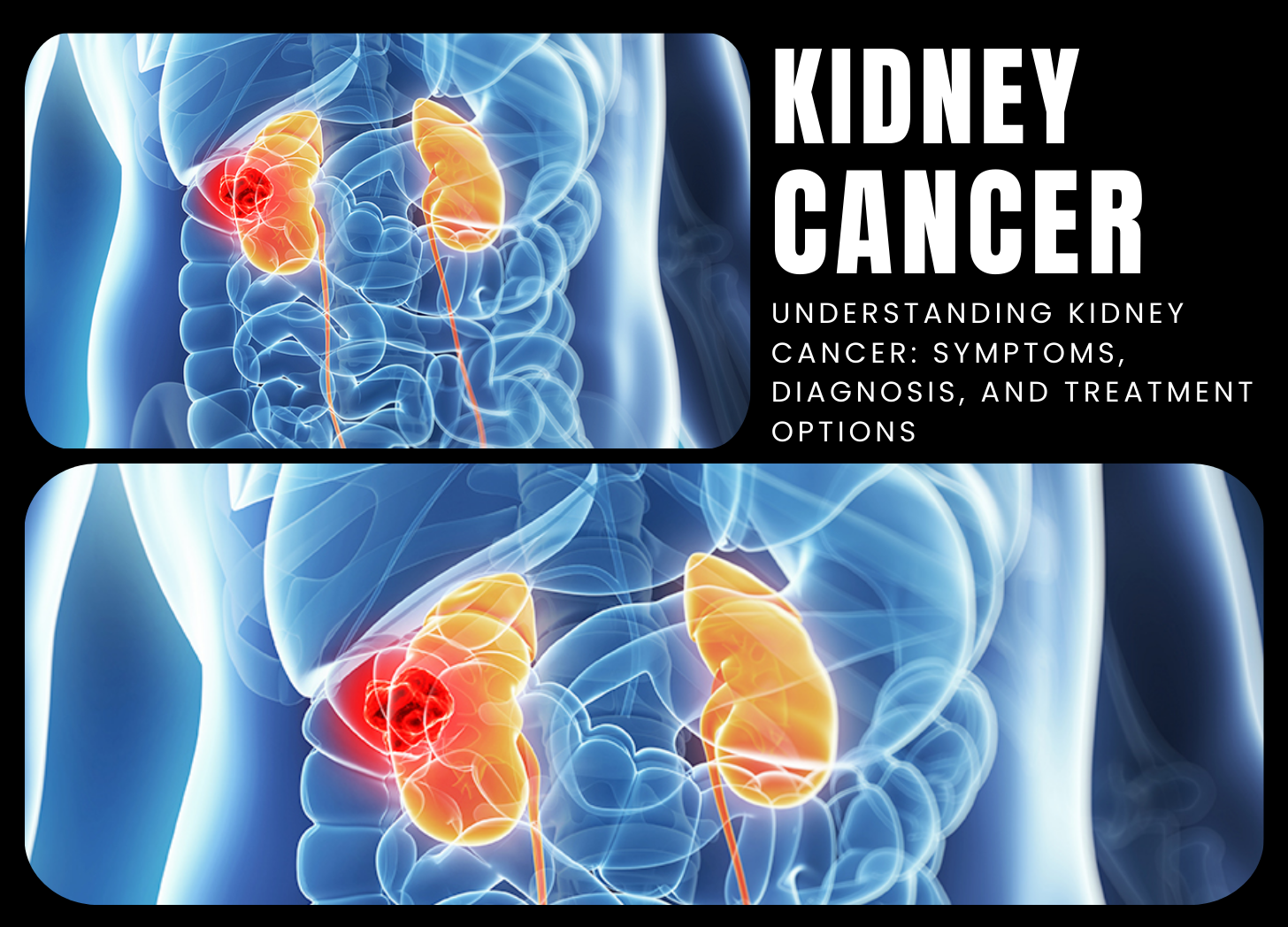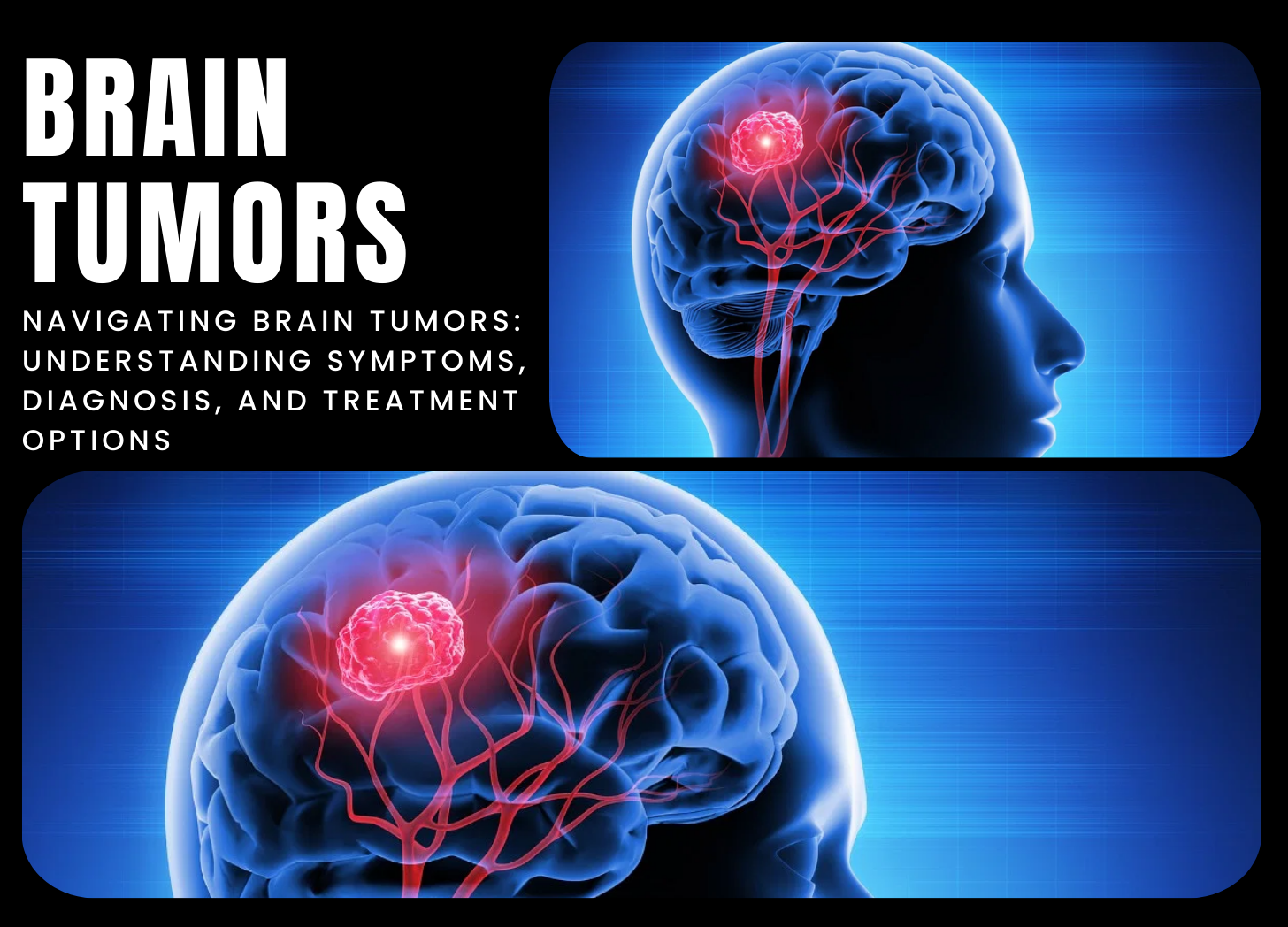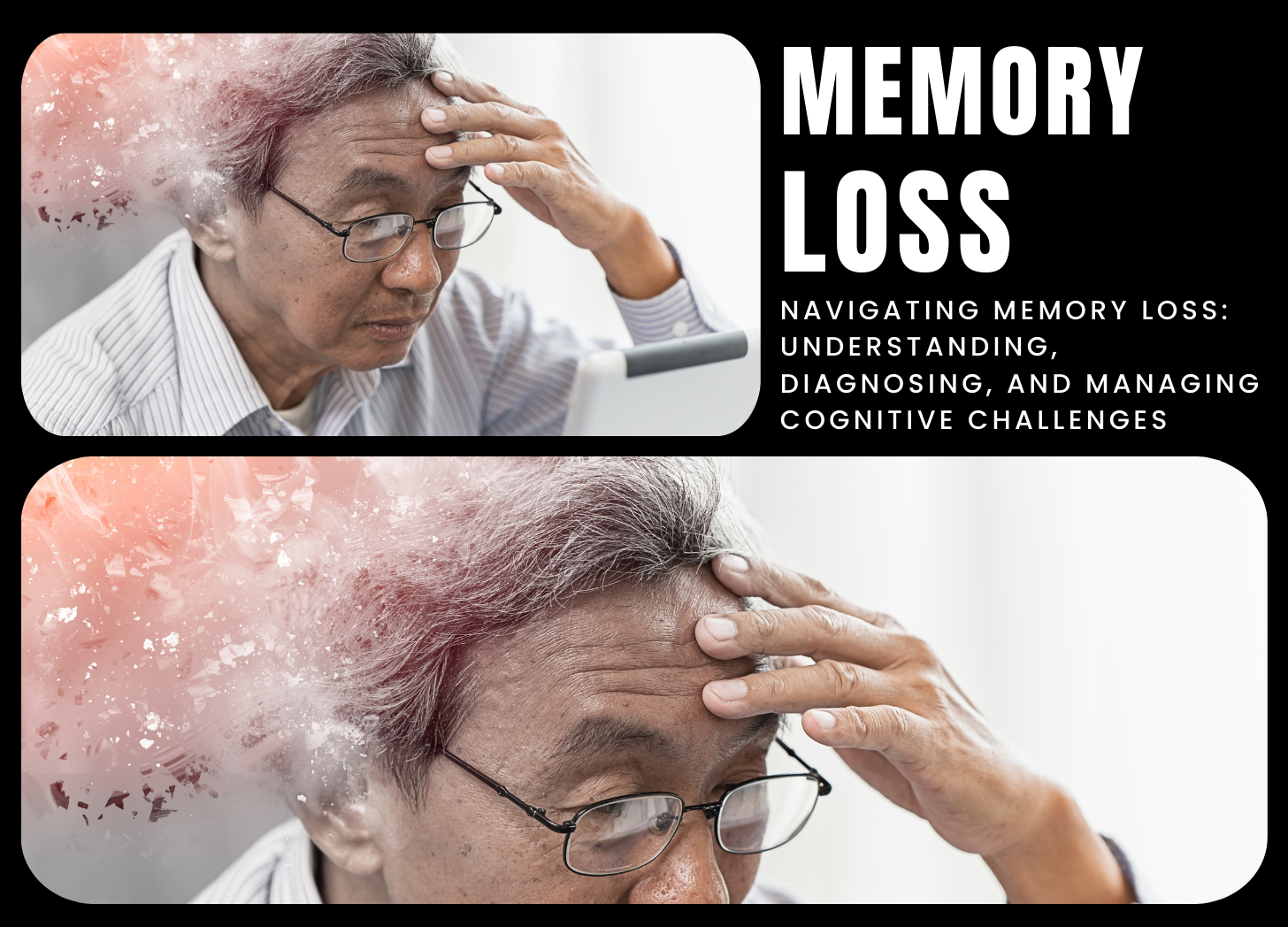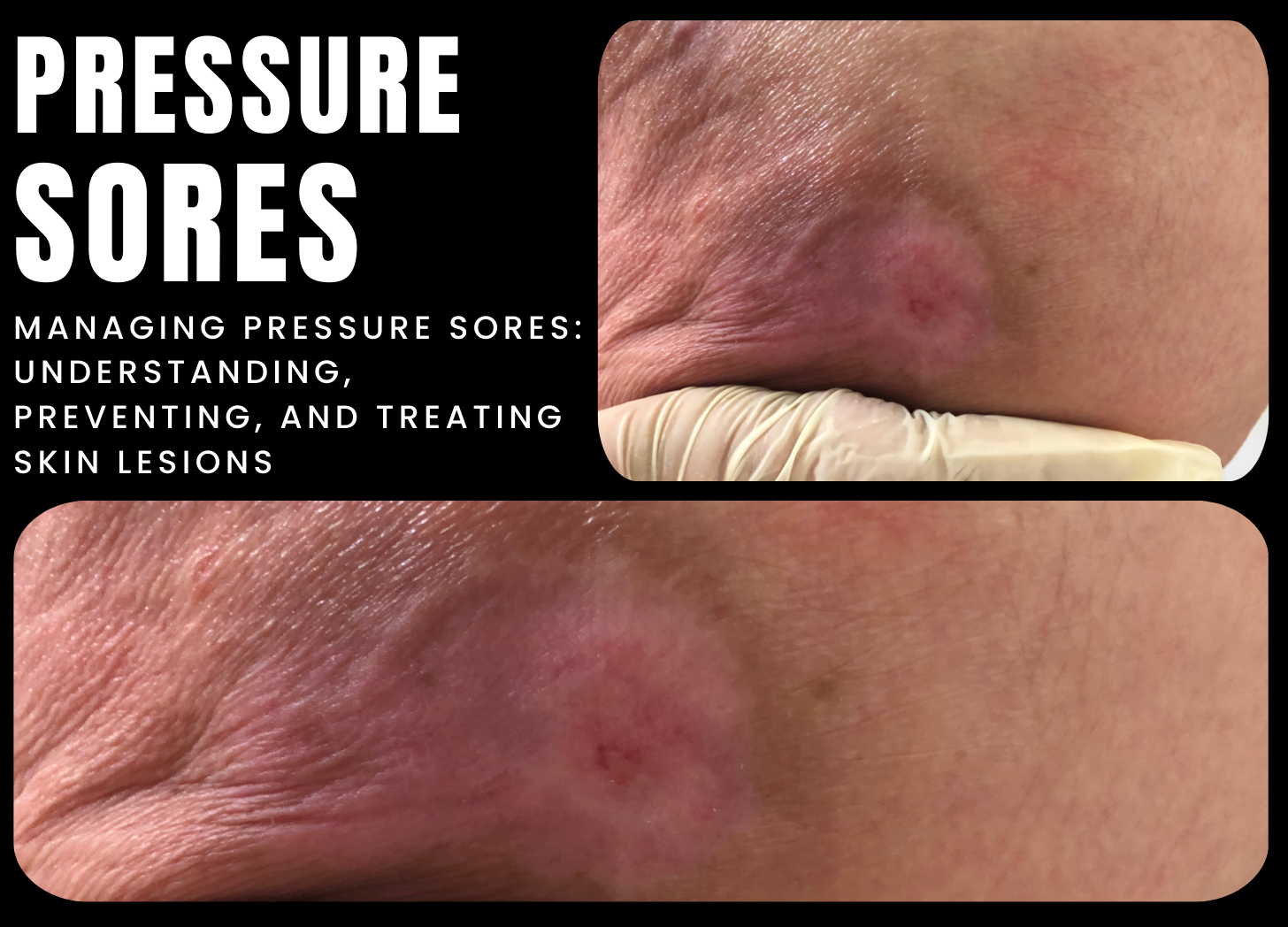Contact Us
Contact Us

08 May 2024
Kidney cancer, also known as renal cell carcinoma (RCC), is a kind of cancer that develops in the kidneys, the bean-shaped organs that filter waste from the blood and produce urine. Kidney cancer can develop in one or both kidneys and is divided into numerous categories based on the specific cells involved and the tumor's features. Renal cell carcinoma is the most prevalent type of kidney cancer, accounting for around 90% of all occurrences; less frequent varieties include transitional cell carcinoma and Wilms tumor, which primarily affects youngsters. The actual…
READ MORE
07 May 2024
Brain tumors are abnormal growths or cell masses that form within the brain or its surrounding tissues. These tumors can be benign (noncancerous) or malignant (cancerous), and they can develop from a variety of brain cells, including glial cells (such as astrocytes, oligodendrocytes, and ependymal cells) and neurons. Brain tumors can vary in size, location, and aggressiveness, resulting in a variety of symptoms based on their size and location inside the brain. The actual etiology of brain tumors is frequently unknown, although some risk factors may increase the likelihood of…
READ MORE
06 May 2024
Bone tumors are abnormal cell growths or masses that form within bones and alter their structure and function. These tumors can be benign (noncancerous) or malignant (cancerous), originating in bone tissue (primary bone tumors) or spreading to the bones from other regions of the body (secondary or metastatic bone tumors). While bone tumors are uncommon, they can cause severe discomfort, disability, and consequences if not treated. The causes of bone tumors differ according on the type of tumor and individual circumstances. Primary bone tumors can develop from bone cells (osteoblasts,…
READ MORE
03 May 2024
Leukemia is a kind of cancer that affects the blood and bone marrow, resulting in abnormal production of white blood cells. These aberrant white blood cells, known as leukemia cells, crowd out regular blood cells, reducing the body's ability to fight infection. Leukemia is categorized into numerous categories based on the type of white blood cell involved and the rate of disease progression. The four primary kinds of leukemia are acute lymphoblastic leukemia (ALL), acute myeloid leukemia (AML), chronic lymphocytic leukemia (CLL), and chronic myeloid leukemia (CML). The specific cause…
READ MORE
02 May 2024
Ataxic gait is a sort of aberrant walking pattern marked by unsteadiness, instability, and a lack of coordination in motions. It can be caused by a number of underlying neurological problems that impair the brain's capacity to coordinate muscular movement and balance. Individuals with ataxic gait frequently have a wide-based stance, abnormal foot placement, and exaggerated or chaotic movements of the arms and legs, making walking difficult and unstable. Ataxic gait is mostly caused by damage or dysfunction in the cerebellum or its associated circuits, which are in charge of…
READ MORE
01 May 2024
Dysphagia is a medical word that describes difficulties swallowing or the sensation that food or drink is stuck in the throat or chest. It can happen at any age and could be caused by a variety of underlying issues with the swallowing process. Dysphagia can have a substantial impact on an individual's ability to eat, drink, and swallow securely, resulting in nutritional deficits, dehydration, and aspiration pneumonia if not treated properly. Dysphagia has two primary causes: oropharyngeal dysphagia, which affects the mouth and throat muscles involved in swallowing, and esophageal…
READ MORE
30 Apr 2024
Syncope, sometimes known as fainting or passing out, is a transient loss of awareness and posture caused by insufficient blood supply to the brain. It can strike quickly and without warning, typically resulting in a brief period of unconsciousness followed by a quick recovery. Syncope is often induced by a transient disruption in blood flow to the brain, which can be caused by low blood pressure, reduced cardiac output, or diminished cerebral perfusion. The underlying causes of syncope can vary, but the most frequent is vasovagal syncope, which happens in…
READ MORE
29 Apr 2024
Senility, often known as senile dementia or simply aging-related cognitive loss, is a decline in cognitive function that occurs with advanced age. While not a specific medical illness, senility refers to a set of cognitive impairments and deficiencies that are typical in older persons, such as memory loss, impaired judgment, decreased attention span, and difficulties learning new material. While some cognitive decline is expected with aging, significant or progressive cognitive impairment may suggest underlying medical disorders such as Alzheimer's disease or other types of dementia. The precise causes of senility…
READ MORE
26 Apr 2024
Memory loss, often known as amnesia, is the inability to recall previous events, facts, or experiences. It can range from minor amnesia to severe memory loss, affecting many facets of everyday living. Memory loss can be temporary or permanent, and it can be caused by a variety of causes such as age, physical illnesses, neurological disorders, pharmaceutical side effects, or lifestyle choices. The reasons of memory loss differ based on the individual and underlying variables. Normal aging is frequently associated with minor cognitive deterioration, such as forgetfulness or trouble remembering…
READ MORE
25 Apr 2024
Pressure sores, sometimes called pressure ulcers or bedsores, are skin and underlying tissue lesions caused by continuous pressure or friction. They are most common on the heels, ankles, hips, tailbone, and back of the skull, although they can also appear elsewhere on the body. Pressure sores are a major health concern, especially for people who have restricted movement or are bedridden, because they can lead to serious problems like infection, tissue necrosis, and delayed wound healing. Pressure sores are caused primarily by prolonged pressure on the skin, which can restrict…
READ MORE